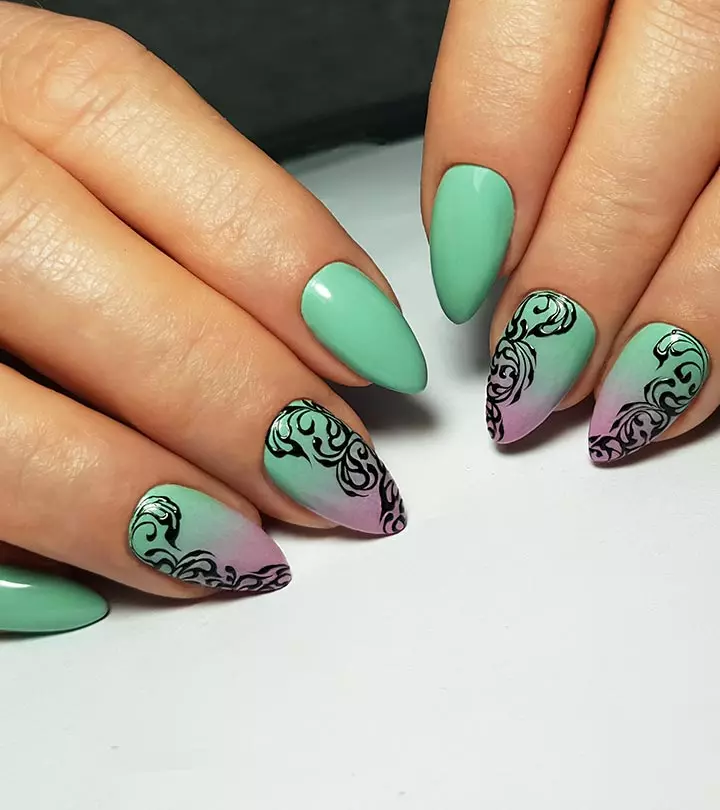10 Warning Signs Of One-Sided Friendship
Discover hidden clues revealing imbalance in bonds and how to protect your well-being.

Image: Shutterstock
Friendship is indeed a beautiful and essential part of our lives. However, not all friendships are created equal. In some cases, you may find yourself in a one-sided friendship, where you’re doing most of the heavy lifting in maintaining the relationship. It’s crucial to recognize the warning signs of such friendships to avoid getting hurt and ensure that your relationships are mutually fulfilling. Read on to know some warning signs of a one-sided friendship.
In This Article
1. You’re Always The Initiator
In a balanced friendship, both friends take the initiative to connect, plan outings, or simply check-in. If you notice that you’re always the one starting conversations, suggesting meet-ups, and putting in the effort to keep the friendship alive, it may be a sign that your friend is not equally invested.
2. They’re Never Available
A clear sign of a one-sided friendship is when your friend is almost always too busy to hang out, talk, or respond to your messages. While everyone has busy periods, consistently being unavailable can signal that your friend doesn’t prioritize your relationship.
3. Lack Of Interest In Your Life
Healthy friendships involve mutual interest in each other’s lives. If your friend seems disinterested when you share your thoughts, experiences, or concerns, they might not be as invested in your well-being as you are in theirs.
4. Unreliable And Inconsistent
One-sided friends often demonstrate unreliability by making plans and canceling at the last minute or frequently forgetting about commitments altogether. They may also be inconsistent in their behavior, sometimes being warm and attentive and other times distant and indifferent.
5. It’s All About Them
In a balanced friendship, both individuals should share their thoughts, feelings, and experiences. If your friend consistently monopolizes conversations with their own concerns, never bothering to ask about your day or how you’re feeling, it’s a strong sign of one-sidedness.
6. They Only Reach Out In Need
Some friends only seem to contact you when they need something, whether it’s a favor, advice, or help with their problems. Once their needs are met, they may disappear until the next crisis arises, leaving you feeling used and unappreciated.
7. You’re The Problem-Solver
In a one-sided friendship, you might find yourself constantly providing support and solutions for your friend’s problems, while they rarely reciprocate. This dynamic can be emotionally draining, as it becomes a one-way street for emotional labor.
8. Unwillingness To Compromise
Healthy friendships require compromise and flexibility from both sides. If your friend consistently refuses to adjust their plans, preferences, or opinions to accommodate your needs and desires, it can indicate an imbalanced relationship.
9. They’re Quick To Judge
A one-sided friend may be quick to criticize or judge your decisions or choices, even if they have little to do with the friendship itself. This judgmental attitude can lead to a lack of emotional safety in the relationship.
10. Your Feelings Are Invalidated
In a one-sided friendship, your feelings may be consistently invalidated or brushed off. If you express your concerns about the unequal nature of the relationship, your friend may respond defensively or dismissively, further exacerbating the issue.
Once you’ve recognized the signs of a one-sided friendship, here are some steps to consider to work on it:
1. Self-Reflection
Take some time to reflect on your own needs and feelings. Ask yourself what you want from your friendships and whether this particular relationship aligns with those desires.
2. Communication
Have an honest and open conversation with your friend. Express your feelings and concerns without blame or judgment. They may not be aware of how their behavior is affecting you, and it’s possible that they’re willing to make changes.
3. Set Boundaries
Establish boundaries to protect your own emotional well-being. Limit the emotional labor you invest in the relationship if it’s not reciprocated. This may mean taking a step back or redefining the nature of the friendship.
4. Seek Support
Share your experiences with other trusted friends or a therapist. Talking to someone who can provide perspective and support can help you navigate the complexities of the relationship.
5. Consider Letting Go
If your friend is unwilling or unable to change their behavior and the relationship continues to drain you emotionally, it may be time to consider distancing yourself or even ending the friendship. While this can be difficult, it’s essential for your own well-being.
Remember, a healthy friendship is a two-way street, where both parties invest time, effort, and care. While it’s natural for imbalances to occur from time to time, consistent one-sidedness can be emotionally taxing. By recognizing the warning signs and taking appropriate action, you can ensure that your friendships are nourishing, fulfilling, and mutually supportive. Don’t be afraid to prioritize your own well-being and invest in relationships that give back as much as you put in.
Read full bio of Indrani Karmakar
































Community Experiences
Join the conversation and become a part of our empowering community! Share your stories, experiences, and insights to connect with other beauty, lifestyle, and health enthusiasts.